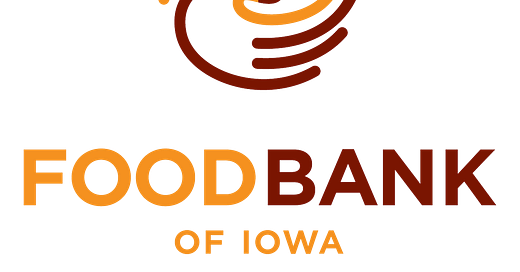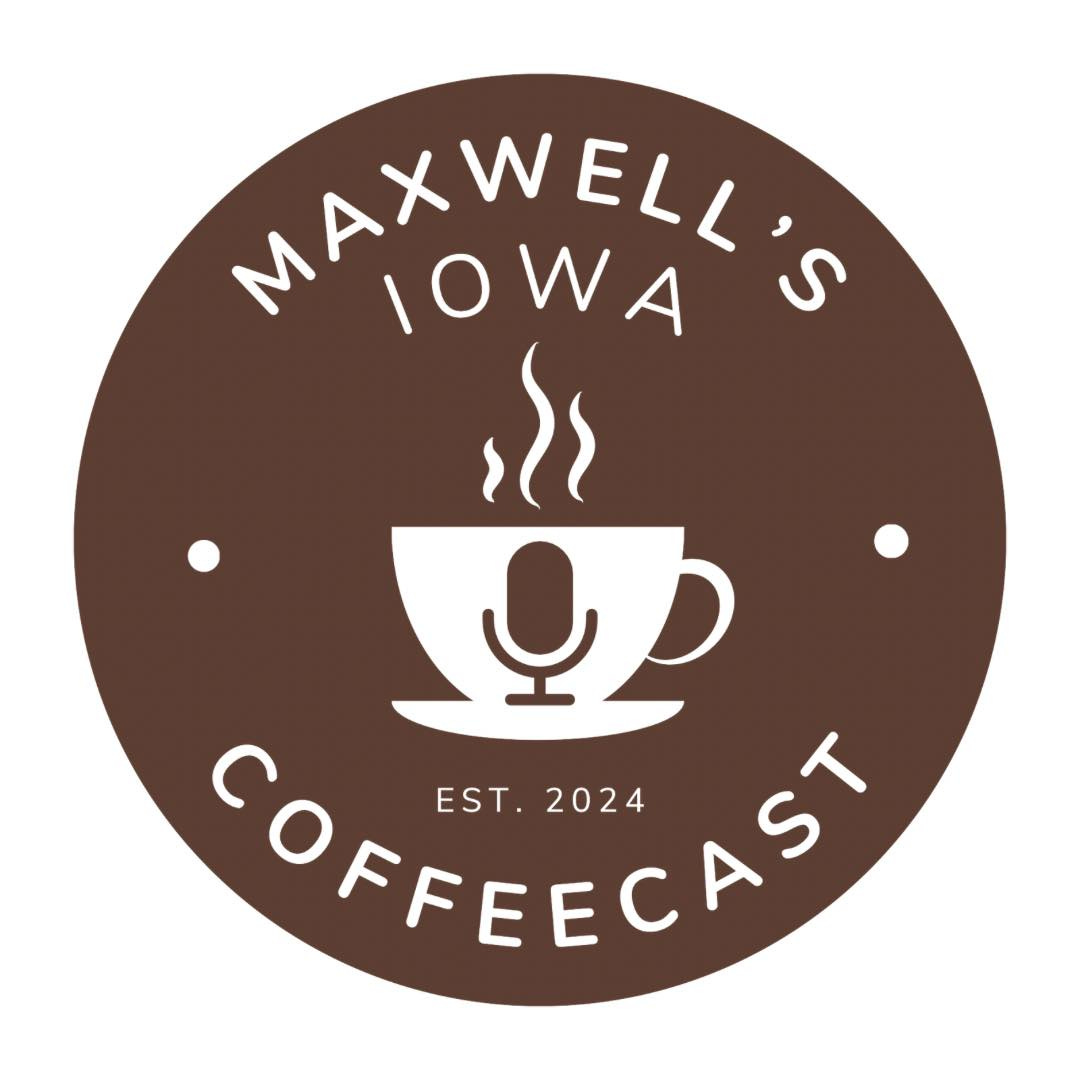Fighting Hunger in Iowa: A Conversation with Annette Hacker on "The Weekend Pour"
How the Food Bank of Iowa is Tackling Food Insecurity, Dispelling Myths, and Mobilizing Communities to Make a Difference
On my latest podcast, "The Weekend Pour," an occasional weekend edition of Maxwell's Iowa CoffeeCast, I sit down with Annette Hacker, Vice President of Strategy and Communications at the Food Bank of Iowa, for an enlightening conversation about food insecurity and the crucial work being done to combat hunger across the state.
Annette provides an eye-opening look into the vast reach of the Food Bank of Iowa, which serves 55 of Iowa’s 99 counties, covering an expansive 30,000 square miles. With a distribution network of 700 partner agencies—including pantries, meal sites, shelters, mobile pantries, residential facilities, and school pantries—the organization plays a pivotal role in feeding Iowans in need. Contrary to the common belief that food banks only serve urban centers like Des Moines, Annette clarifies that their reach extends from the Minnesota border to Missouri and even into southeastern Iowa.
Our conversation touches on the staggering numbers that illustrate the ongoing crisis of food insecurity. The Food Bank of Iowa is currently serving between 75,000 to 77,000 households per month through pantry partners alone, impacting more than 200,000 individuals. When factoring in meal sites, that number rises by an additional 150,000 people. The demand for food assistance has remained at record levels since April 2022, largely due to the expiration of pandemic-era financial relief programs. Despite the return to pre-pandemic economic conditions for some, many hardworking Iowans still struggle to afford basic necessities due to rising grocery costs, inflation, and stagnant wages.
Annette addresses a common misconception that food pantries only provide canned and processed foods. In reality, the Food Bank of Iowa prioritizes nutritional variety, ensuring pantries have access to fresh produce, dairy, protein, and other essential food items. About 20% of their inventory consists of fresh fruits and vegetables, and their operation includes repackaging bulk quantities of staple foods, such as the half a million pounds of potatoes processed annually.
We also explore the diverse backgrounds of those who rely on food banks. While some individuals seek assistance due to temporary hardships, others face long-term financial struggles. Many pantry users are employed individuals who simply can’t stretch their income far enough to cover the rising costs of living. A significant portion are also seniors, disabled individuals, and, most notably, children—who account for more than 40% of those receiving food assistance.
Our discussion then shifts to the importance of outreach and awareness. Despite the availability of resources, some individuals remain unaware of how to access food assistance. Annette highlights the Food Bank of Iowa’s website, which includes a user-friendly "Find Food" tool to help individuals locate nearby pantries and meal services.
We discuss the impact of volunteers and donors, emphasizing that both monetary and food donations are vital to sustaining operations. While food drives are a valuable way to contribute, financial donations allow the Food Bank of Iowa to purchase items in bulk at significantly lower costs, maximizing their ability to provide nutritious food. Volunteers are also critical, as their efforts equate to the work of nearly 18 full-time employees annually.
The episode closes with a discussion on the future of the Food Bank of Iowa. While the organization is committed to continuing its mission, Annette expresses hope that one day food insecurity will be eradicated. Until systemic poverty is addressed, however, the need for food banks will persist. She encourages Iowans to contribute in whatever way they can—whether through donations, volunteering, or simply spreading awareness—because every effort helps in the fight against hunger.
Expanding the Conversation: A Deeper Dive into Food Insecurity
As food insecurity remains a pressing issue in Iowa, our discussion underscores how economic challenges and shifting policies continue to shape the landscape of hunger relief efforts. Inflation, job instability, and rising living costs have exacerbated food insecurity for many families. The Food Bank of Iowa’s adaptive strategies, such as school pantries and meal site partnerships, aim to bridge the gap between need and accessibility.
One significant takeaway from our conversation is the changing demographics of food bank clients. While food insecurity has traditionally been associated with unemployment or homelessness, the reality is far more complex. Many food bank users are part of the working class, struggling to make ends meet due to increasing costs. The Food Bank of Iowa sees individuals and families who may have never imagined needing assistance but find themselves relying on pantries to supplement their grocery budgets.
Moreover, we highlight the stigma surrounding food insecurity. Many people hesitate to seek help due to misconceptions about who uses food pantries. Annette emphasizes that food insecurity can affect anyone, and the goal is to provide dignity and support rather than judgment. By normalizing conversations around hunger and poverty, the Food Bank of Iowa hopes to encourage more individuals to seek the help they need without shame or hesitation.
How You Can Help
For those looking to make a difference, there are multiple ways to support the Food Bank of Iowa’s mission:
Monetary Donations: Financial contributions allow the organization to purchase food at bulk rates, maximizing the impact of each dollar donated.
Volunteering: Individuals and groups can sign up for shifts to help sort, package, and distribute food.
Food Drives: Donating non-perishable items such as cereal, peanut butter, and canned goods helps keep pantries stocked with essential items.
Raising Awareness: Sharing information about food insecurity and directing those in need to available resources can make a meaningful impact.
A Call to Action
My conversation with Annette Hacker serves as a powerful reminder of the importance of community support in tackling food insecurity. The Food Bank of Iowa continues to be a beacon of hope for thousands of families, working tirelessly to ensure that no one in the state goes hungry. As Annette poignantly puts it, “Nobody can do everything, but each of us can do something.”
For more information or to get involved, visit foodbankiowa.org and make a difference in your community today.







Important community information here. Thanks for gathering and sharing, Maxwell!